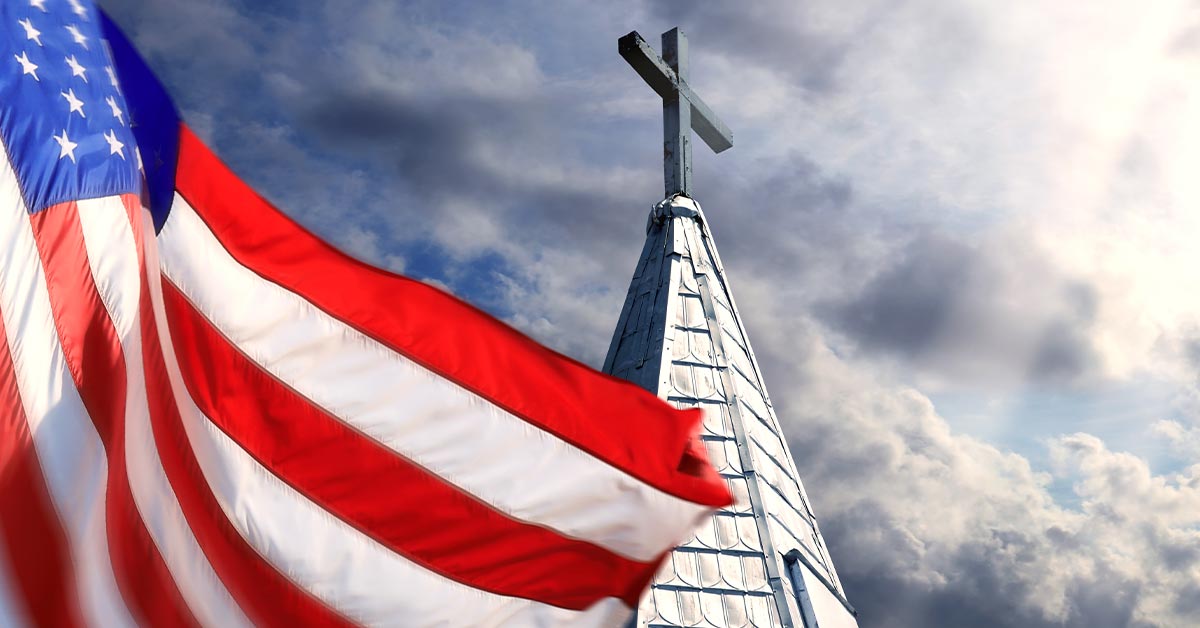Everything else being equal, the more religious the individual in the U.S. today, the higher the probability that the individual identifies with or leans toward the Republican party. I called this the “R and R rule” in my 2012 book on religion, found the phenomenon alive and well in my 2014 review of Gallup data, and now, nine years later, Gallup’s data confirm that this religiosity gap is more evident than ever.
Americans’ political identity is a powerful correlate of a wide range of Americans’ attitudes and behaviors, including, in particular, a wide range of attitudes about hot-button political and social issues. And we know that political identity is related to views of the national economy, views of the nation’s institutions, happiness, perceptions of the nation’s most important problems, and a variety of other measures. It is thus not surprising that political identity would also be related to religion.
…



I mean it’s been clear for a while. The culture of American Christianity has long had little to do with the text of the Bible, the traditions of the Hebrews, or anyone else who had traditionally held the religion.
Religion in the US has long been part of a larger culture of being a “good” American. A good American buys a new car every couple years, votes republican, raises their daughter to be a good housewife, goes to church 15 times a year, and just thinks American culture should be more like it used to. It’s always been so empty.